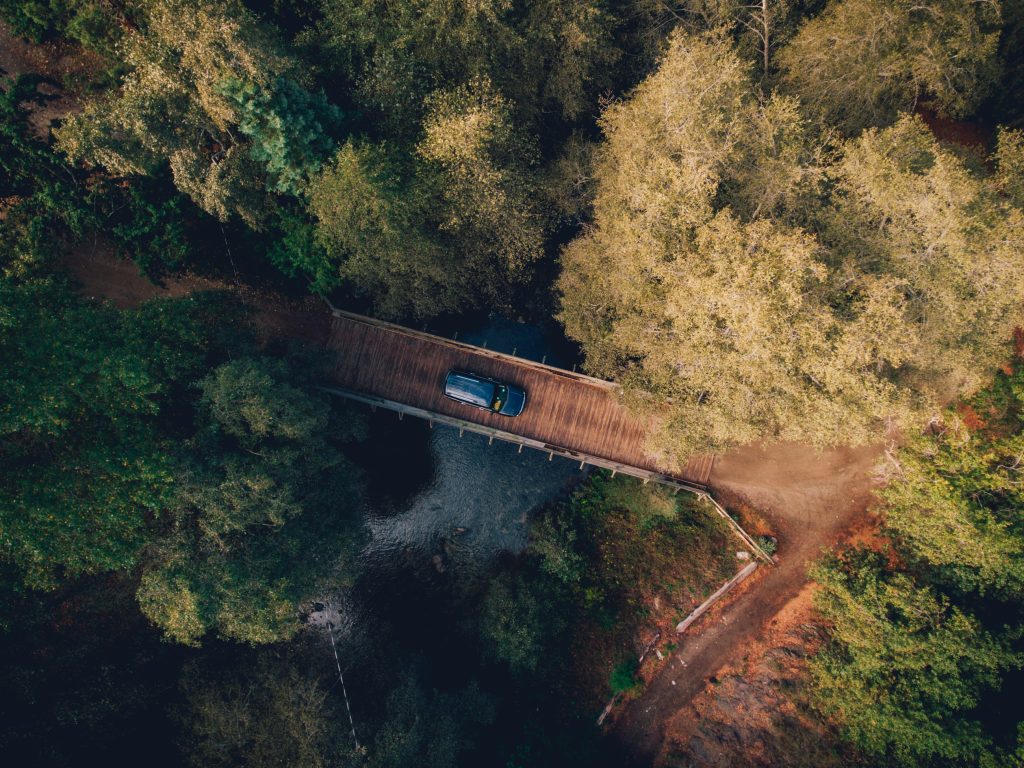Introduction
In recent years, the proliferation of drone technology has revolutionized various industries, from agriculture to filmmaking. However, the use of drones for surveillance purposes has sparked a heated debate on both ethical and legal fronts. As these unmanned aerial vehicles soar through the skies, questions arise about the potential infringement on privacy and the ethical considerations surrounding their use.
Privacy Concerns
One of the primary ethical concerns surrounding drone surveillance is the potential invasion of privacy. Drones equipped with advanced cameras and sensors can capture high-resolution images and videos, allowing them to peer into private spaces. This capability raises significant questions about the boundaries between public and private life. Citizens rightfully worry about the constant aerial presence that may inadvertently capture their daily activities, violating their privacy in ways traditional surveillance methods never could.
Legal Frameworks and Regulations
The legal landscape surrounding drone use for surveillance is complex and varies across jurisdictions. While many countries have implemented regulations to address the rising concerns, enforcement and standardization remain ongoing challenges. The absence of a universal legal framework complicates matters, leaving room for interpretation and inconsistent protection of individuals’ privacy rights.
Moreover, the evolution of drone technology often outpaces the development of relevant laws. As drones become more sophisticated and accessible, legislators struggle to keep pace with the potential threats they pose to privacy. Striking a delicate balance between enabling innovation and safeguarding individual rights requires constant legal scrutiny and adaptation.
Security Risks
Beyond privacy concerns, the use of drones for surveillance introduces potential security risks. Unauthorized access to drone systems, whether by hackers or malicious actors, can lead to misuse of collected data, compromise national security, or even pose physical threats. Addressing these security risks requires not only robust technological safeguards but also vigilant oversight and regulation to ensure responsible use.
Public Perception and Trust
The widespread adoption of drone surveillance hinges on public acceptance and trust. Negative public perceptions can hinder the integration of this technology into society, leading to resistance and opposition. Building and maintaining trust require transparent communication, ethical guidelines, and a commitment to addressing concerns. Governments, businesses, and organizations must work collaboratively to demonstrate the responsible use of drone technology and assuage fears.
Conclusion
As drones become increasingly prevalent in our skies, the ethical and legal challenges surrounding their use for surveillance and privacy demand urgent attention. Balancing innovation and individual rights requires a delicate dance between legislators, technology developers, and the public. The establishment of comprehensive, consistent legal frameworks, coupled with robust security measures and transparent communication, is crucial to addressing these challenges.
Ultimately, the responsible integration of drone technology into society requires a collective effort to navigate the complexities of privacy, security, and public trust. As we navigate the skies with these unmanned aerial vehicles, the need for ethical considerations and legal safeguards becomes paramount to ensure a harmonious coexistence between innovation and individual rights.
